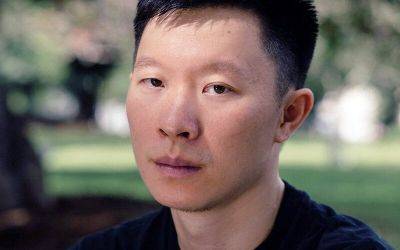China is shoring up the great firewall for the AI age
China faces a problem familiar to dictatorships throughout history: how to strike a balance between growth-boosting innovation, which thrives in a free society, and the paranoia of an authoritarian state. Its leader, Xi Jinping, wants the country to become a hyper-advanced economy. His government is aggressively promoting the commercialisation of high technologies it likes, from electric vehicles to quantum computing.
At the same time, it is tightening the screws on those it disapproves of. In 2021 it regulated a booming online-tutoring industry into oblivion almost overnight, apparently out of fear that high tuition fees were making children’s education so expensive that Chinese were put off the idea of parenthood. On December 22nd the government took a wrench to the video-gaming industry, introducing rules to, among other things, limit how much players can spend on in-game purchases—and so how much developers can make.
The market value of Tencent, one of China’s most innovative firms that also has a big gaming business, tumbled by 12%. Nowhere is this tension clearer than in the hottest technology of 2023—artificial intelligence (AI). In many countries, command of AI is seen as both economically and strategically important.
Politicians everywhere fret about machines going rogue or, more realistically, being harnessed by human mischief-makers. In Beijing the added worry is that the technology, which thrives on unlimited data and, at its current stage of development, in unregulated spaces, could prove subversive if not kept in check. It is therefore busily shoring up its “great firewall" for the AI age.
Read more on livemint.com






















